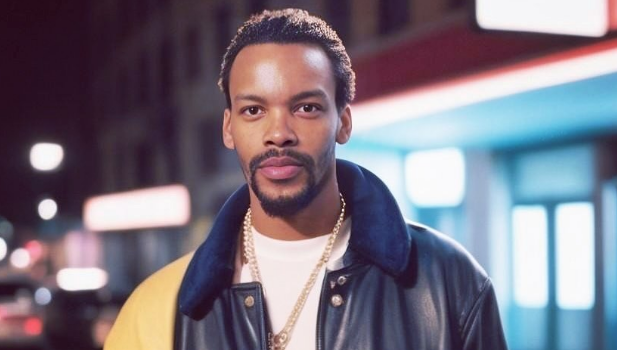Controversial South African music executive and social commentator, Nota Baloyi, has sparked considerable debate with his views on the relationship between sexual orientation and religious faith.
Baloyi has taken a controversial stance, arguing that being gay is fundamentally incompatible with being religious, particularly within the context of Christianity.
He has coined the term ‘bi-religious’ to describe individuals who identify as both gay and god-fearing, a concept he resolutely opposes.
[ Cassper Nyovest Accused Of Stealing iFani’s Song: A Closer Look ]
In various social media posts and public appearances, Nota Baloyi has been outspoken in his belief that gay individuals should not align themselves with religious identities.
He asserts that the tenets of Christianity, as he interprets them, do not support homosexuality. “You cannot serve two masters,” Baloyi stated, suggesting that gay people should instead identify as atheists.
You’re either Gay or God Fearing… can’t be both, there’s no such thing as Bi-religious & there’s no religion that doesn’t condemn homosexuality. Let’s cut the crap now. Be gay & atheist all you want provided it isn’t unlawful but don’t claim christ with your dick sucking lips!😌
— MORAL Authority (@lavidaNOTA) May 16, 2024
His comments have been met with significant backlash, particularly from LGBTQ+ communities and progressive religious groups, who argue that his views are not only exclusionary but also misrepresent the inclusive nature of many modern religious practices.
Baloyi’s statements have been disseminated through various channels, including his social media platforms and interviews.
For instance, during a widely viewed interview on a popular podcast, he reiterated his stance, leading to a heated discussion about the intersection of faith and sexual orientation.
Critics have labelled his views as divisive and harmful, accusing him of fostering intolerance and misunderstanding. In response, Baloyi has defended his position by citing religious scripture and his interpretation of Christian doctrine.
The immediate reactions to Baloyi’s views have been polarized. Supporters argue that he is upholding traditional religious values, while detractors emphasize the importance of inclusivity and the evolving understanding of spirituality.
The ongoing discourse highlights the broader societal struggle to reconcile faith with diverse sexual identities, a complex issue that continues to evoke strong emotions and varied opinions.
Catch up with the latest news from The Times Post on WhatsApp by following our channel. Click here to join.
Kindly follow @thetimespost on Instagram. On X (Twitter), follow @thetimespost2.















